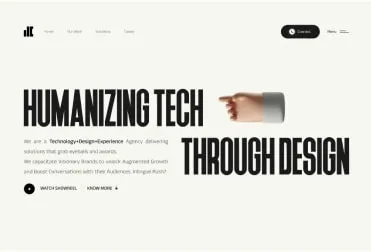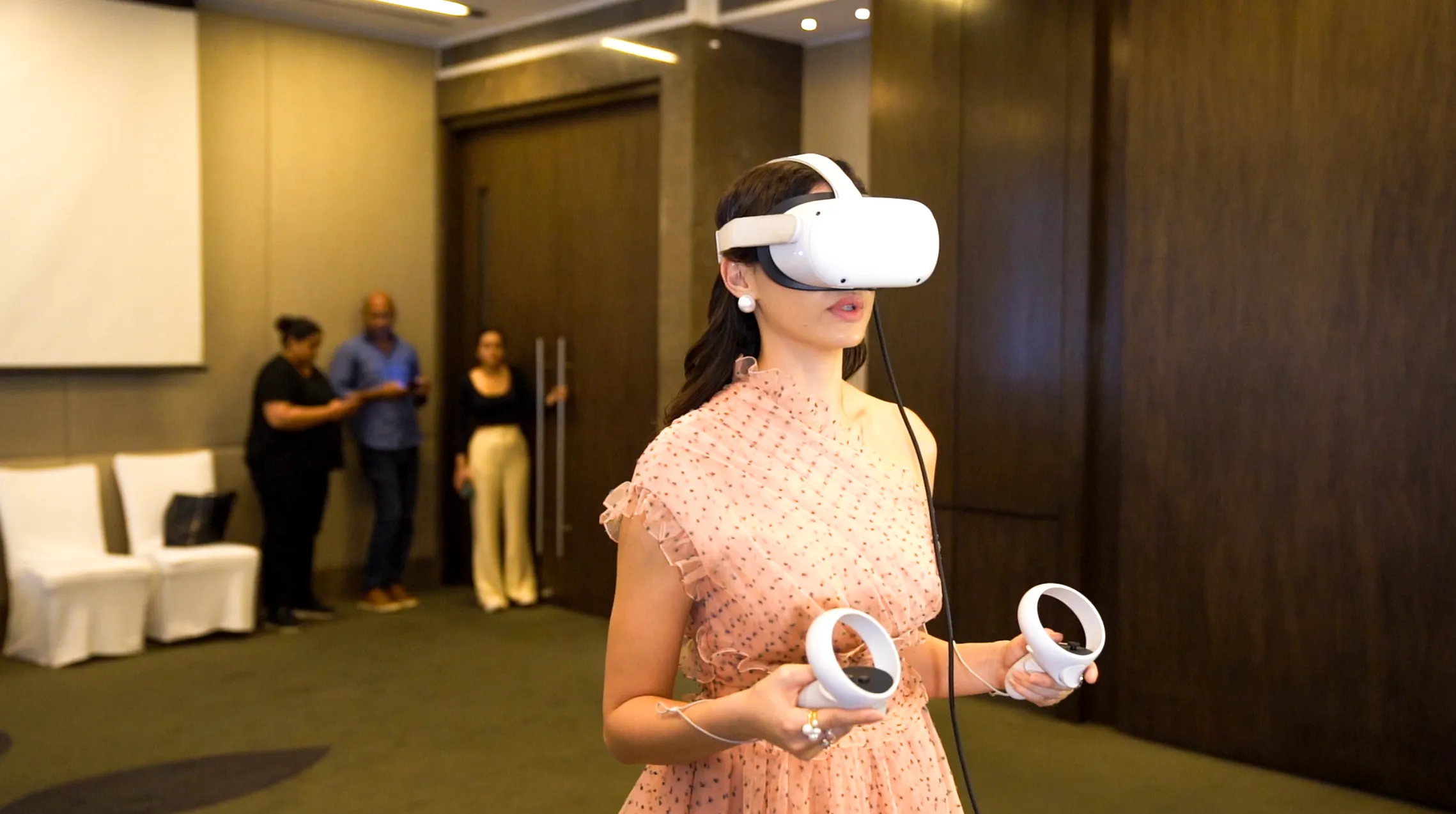How AI Enables Personalization at Scale in B2B Marketing

B2B marketing has fundamentally shifted. What once required armies of analysts and months of preparation can now happen in milliseconds. Yet despite this technological leap, many marketing leaders still struggle with a persistent challenge: delivering genuinely personalized experiences without drowning in operational complexity.
Why Most B2B Personalization Efforts Fail at Scale
Here's the reality every marketing director knows but rarely discusses openly: true personalization and scale have traditionally been mutually exclusive. You could either craft deeply personalized campaigns for a handful of key accounts, or you could reach thousands with generic messaging. The middle ground – meaningful personalization at enterprise scale – remained frustratingly elusive.
This isn't just a tactical problem; it's a strategic imperative. B2B buyers now expect the same level of relevance they experience in their personal digital interactions. A CMO evaluating marketing automation platforms expects different content than a procurement manager at the same company. Yet most marketing teams still buckle under the resource demands of creating truly individualized experiences.
How Advanced Data Analysis Transforms Customer Segmentation
Machine learning capabilities have transformed how we understand and segment our audiences. Instead of relying on basic firmographic data – company size, industry, geography – sophisticated algorithms now analyze behavioral patterns, engagement histories, and intent signals to create granular customer profiles.
Take this example: Two executives from the same Fortune 500 company visit your website within minutes of each other. Traditional approaches would serve them identical content based on company matching. Advanced personalization engines, however, recognize that the Chief Marketing Officer researching during a strategy meeting requires different messaging than the IT Director evaluating technical specifications.
Real-Time Content Adaptation That Drives Conversions
The most sophisticated B2B organizations now deploy systems that continuously adapt content based on real-time behavioral signals. These platforms don't just swap out logos or company names – they fundamentally restructure presentations, case studies, and product demonstrations based on individual prospect profiles.
Email campaigns become conversations rather than broadcasts. Subject lines, messaging tone, featured case studies, and even send timing adjust automatically based on recipient behavior patterns. A manufacturing executive might receive ROI-focused messaging at 7 AM, while a healthcare administrator gets compliance-centered content delivered during lunch hours.
Website experiences transform into personalized showrooms. The same homepage presents different value propositions, testimonials, and calls-to-action based on visitor profiles. Product pages emphasize different features – scalability for enterprise prospects, ease-of-use for mid-market buyers, cost-efficiency for smaller organizations.
Chatbot Technology That Actually Qualifies Leads
Sophisticated chatbots and virtual assistants now handle initial prospect interactions with remarkable nuance. These systems don't simply follow decision trees; they analyze conversation context, company background, and behavioral signals to guide prospects toward relevant solutions.
The technology recognizes when a prospect asks about "integration capabilities" versus "implementation timeline" – each query revealing different buying stage indicators and triggering appropriate response pathways. This level of conversational intelligence enables small marketing teams to maintain personalized touchpoints across thousands of simultaneous interactions.
Lead Scoring That Predicts Revenue
Lead scoring has evolved beyond simple point accumulation. Predictive models analyze hundreds of variables – from email engagement patterns to website browsing behavior – to identify prospects most likely to convert. Sales teams receive not just lead scores, but detailed insights about optimal timing, messaging approaches, and potential objections.
This predictive capability extends to customer lifecycle management. Systems now flag accounts showing early churn indicators, automatically triggering retention campaigns or escalating to customer success teams. The result: proactive relationship management that feels genuinely consultative rather than reactive.
Automated Content Creation for Account-Based Marketing
Perhaps the most transformative development involves automated content creation tailored to specific accounts or segments. Marketing teams can now generate personalized sales enablement materials, custom landing pages, and targeted email sequences without exponential resource requirements.
This isn't about template customization – it's about intelligent content adaptation. The same core product message transforms into technical specifications for engineering audiences, ROI calculations for financial decision-makers, and strategic positioning for C-level executives.
ROI Metrics That Matter to CFOs
Organizations implementing sophisticated personalization report engagement rate improvements of 68% or higher, with demo conversion rates increasing nearly four-fold. More importantly, personalized experiences contribute to shorter sales cycles and higher deal values – metrics that directly impact bottom-line performance.
The competitive advantage extends beyond immediate conversion improvements. Personalized experiences build stronger relationships, increase customer lifetime value, and create differentiation in increasingly commoditized markets.
Implementation Requirements for B2B Success
Success requires more than technology deployment. Organizations must invest in data standardization, cross-functional alignment, and continuous optimization processes. The most successful implementations treat personalization as an organizational capability rather than a marketing tactic.
The MarTech landscape offers increasingly sophisticated solutions, but technology alone doesn't guarantee results. Strategic implementation, supported by proper data infrastructure and organizational commitment, separates leaders from laggards in this space.
Your Competitive Edge Depends on Personalization at Scale
B2B personalization at scale isn't a future possibility – it's a current competitive requirement. The question isn't whether to implement these capabilities, but how quickly your organization can adapt to this new paradigm.
For marketing leaders ready to transform their approach to customer engagement, the path forward involves careful technology selection, strategic implementation, and commitment to data-driven optimization. The organizations that master this balance will define the next generation of B2B marketing excellence.
Most CMOs we work with tell us their biggest frustration isn't understanding what personalization can do – it's finding partners who actually understand the complexity of enterprise implementation. At INK IN CAPS, we've spent years helping Mumbai's most ambitious brands navigate exactly these challenges. Our approach isn't about selling you more technology; it's about making the technology you choose actually work for your specific business objectives.
If you're wrestling with personalization at scale, we'd genuinely like to understand your particular challenges. Sometimes a 20-minute conversation can save months of trial and error.
Contact Us Now:






.CNhas5IL_ZqBJiz.webp)


















